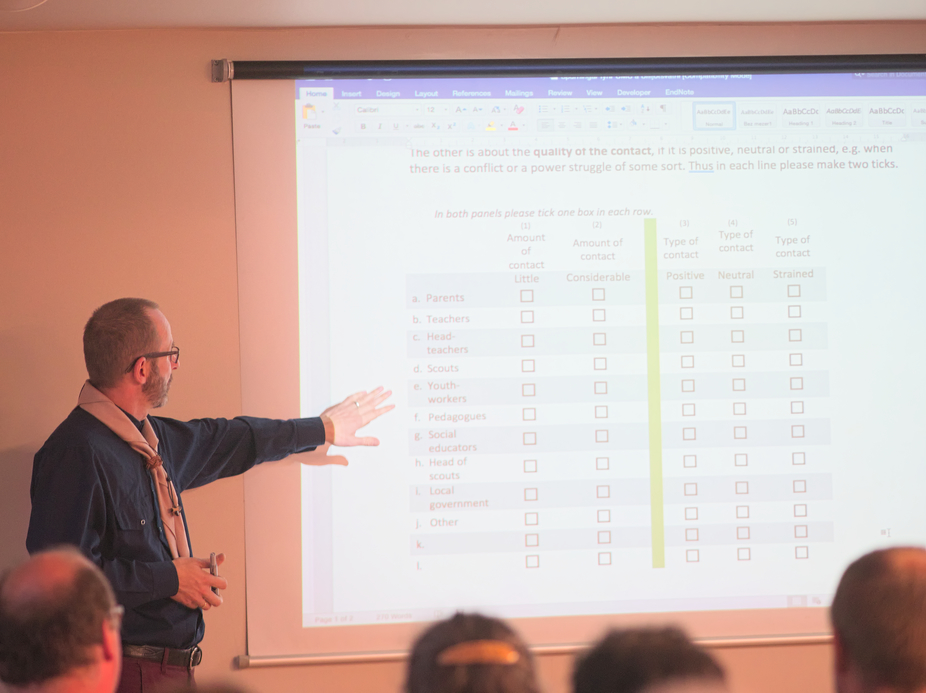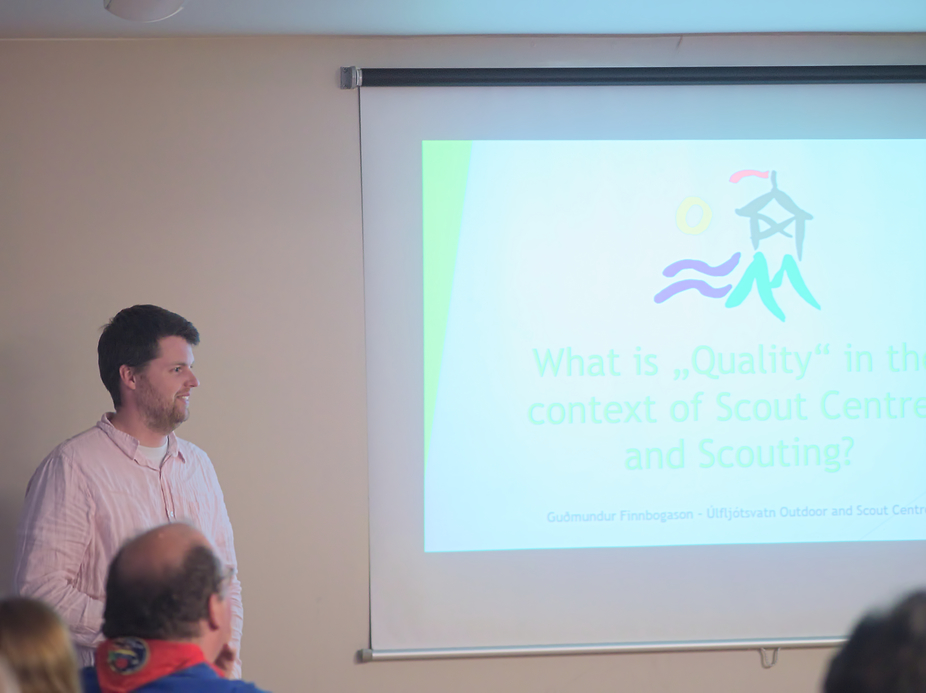This is part 5 in a series on posts from my experience being part of the planning team for European Guide and Scout Centre Managers Conference (ECMC) 2017.
Scouts don’t pay much for grass, but they can pay a lot for a knife. It’s called price sensitivity. Scouts are price sensitive to grass since hiking tends to be free. We are price sensitive to free things. Knifes are not free, they are even forbidden in some places. So we are price sensitive to knifes, especially if the knife carries a brand name.
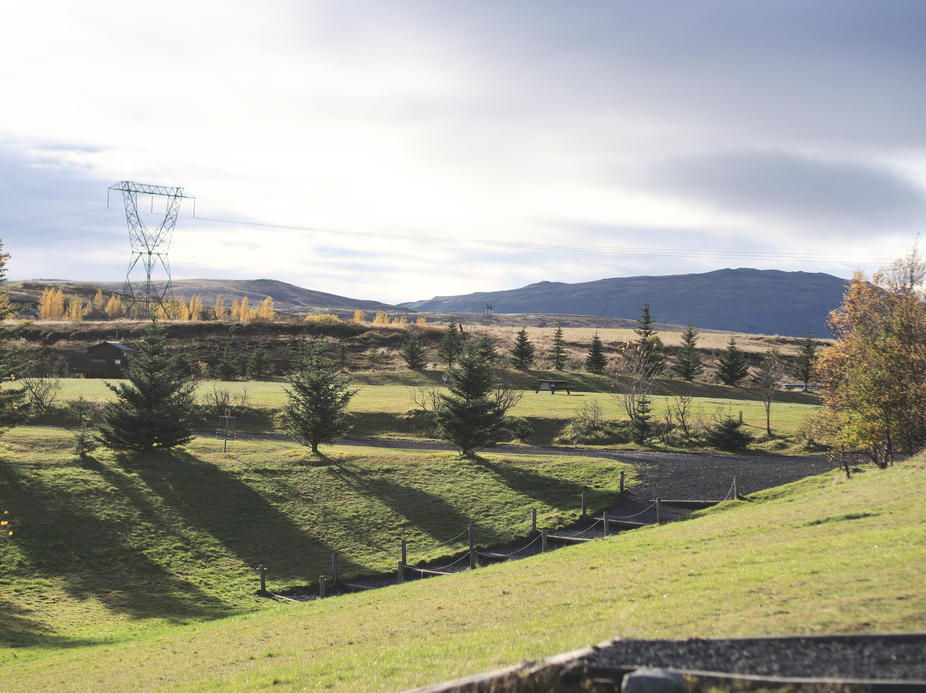
This is how you can have guests at scout centre complaining about the price of accommodation (grass + house + food + toilet + occasional activities to kill time) while happily the scouts spends money on expensive knifes and smart phones.
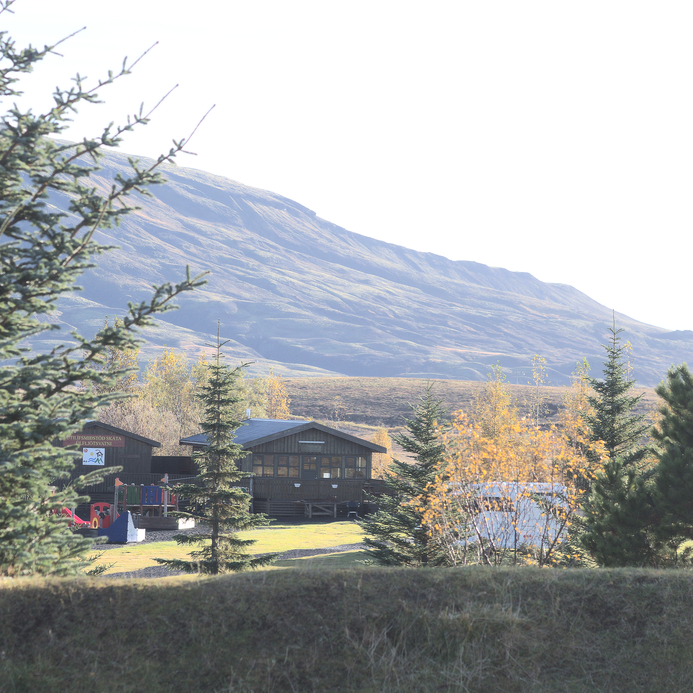
To get out of this, scout centres will have to stop being a hostel-like business and start working as a premium scouting centre. That means embracing and deploying the scout method one level above where we are now. Values and everything. Above all, we can start work as a centres for non-formal learning in a more focused way.
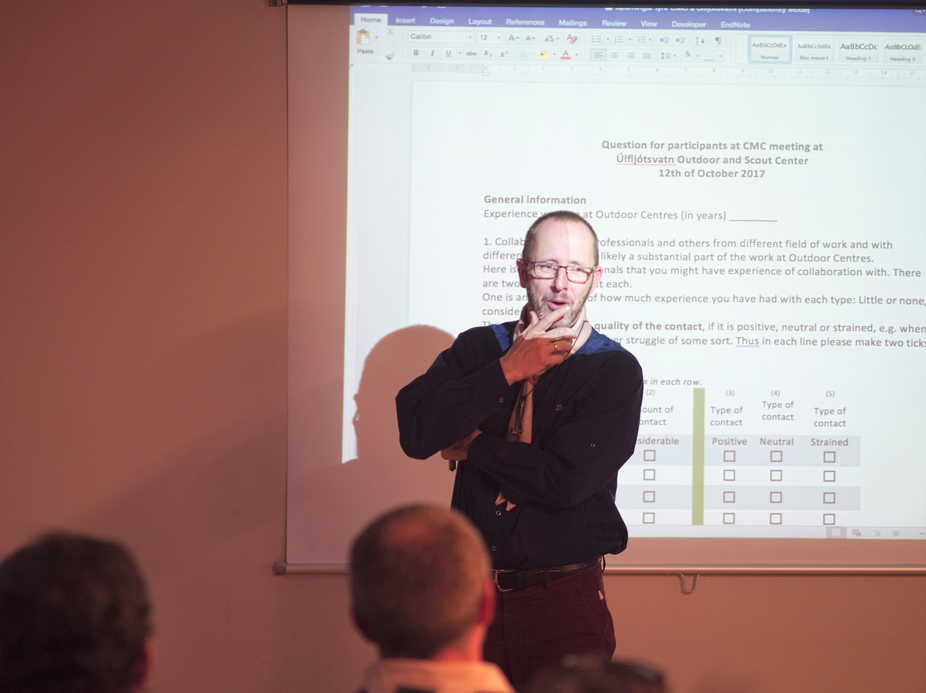
If you don’t know what non-formal learning is, I recommend you to watch John May’s keynote from the educational congress in KISC 2017 if you can find it.
By now, I hope you noticed I consider non-formal learning something important. This is why we asked João to help deliver a workshop on educational methods and non-formal learning. Unfortunately, I had to be in the other parallel workshop so I missed it.
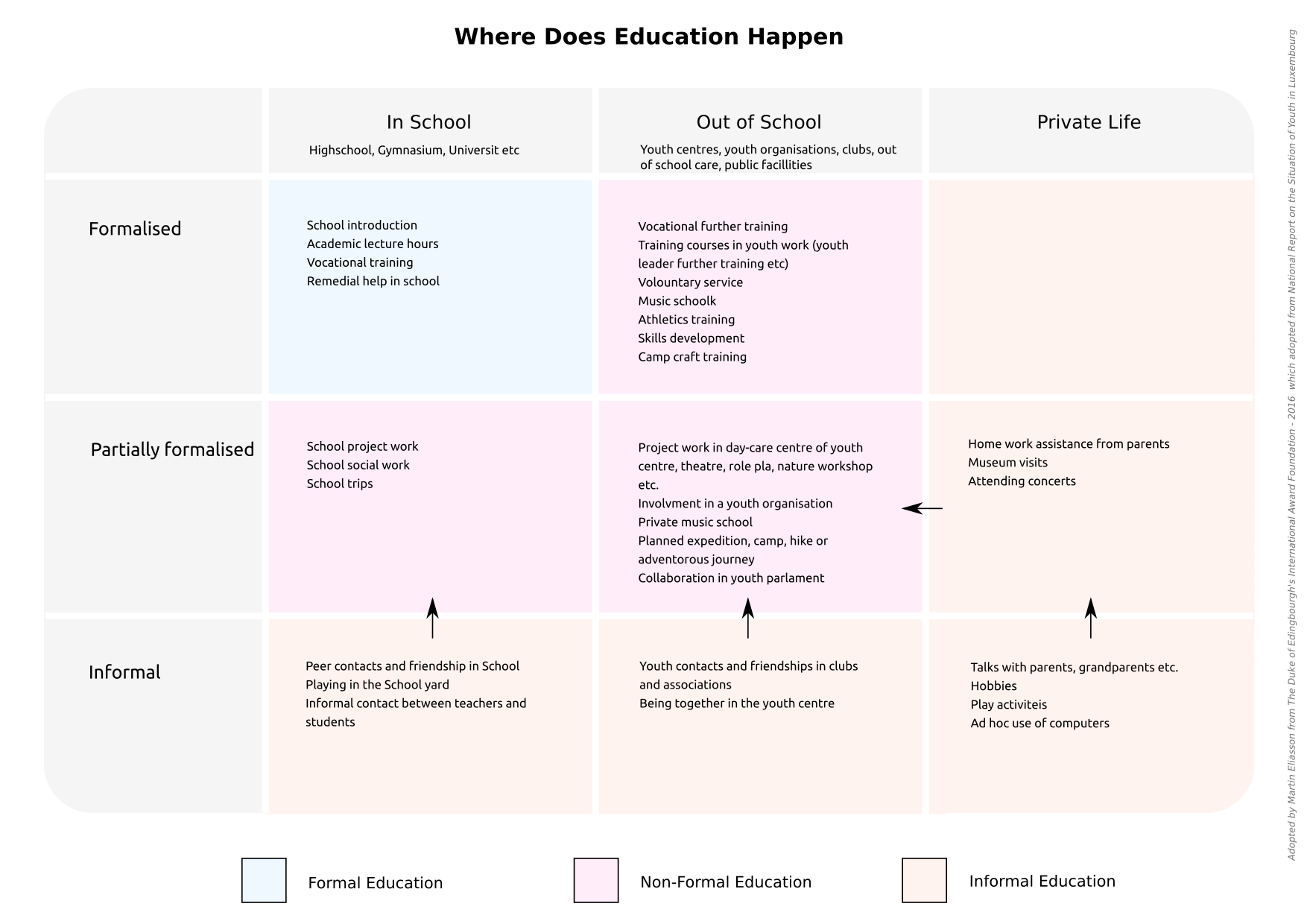
This is why we were thrilled to have Jakob delivering a keynote (the second one) on non-formal learning in outdoor education. Jakob actually does part of his research by visiting Úlfliótsvatn every week. He’s the first keynote speaker I have met who takes the keynote as an opportunity to deepen his research by starting his keynote by asking everyone to fill in a form related to how they got started in scouting etc. His keynote was very interesting and I think he could have spoken for four hours if we had given him time.
